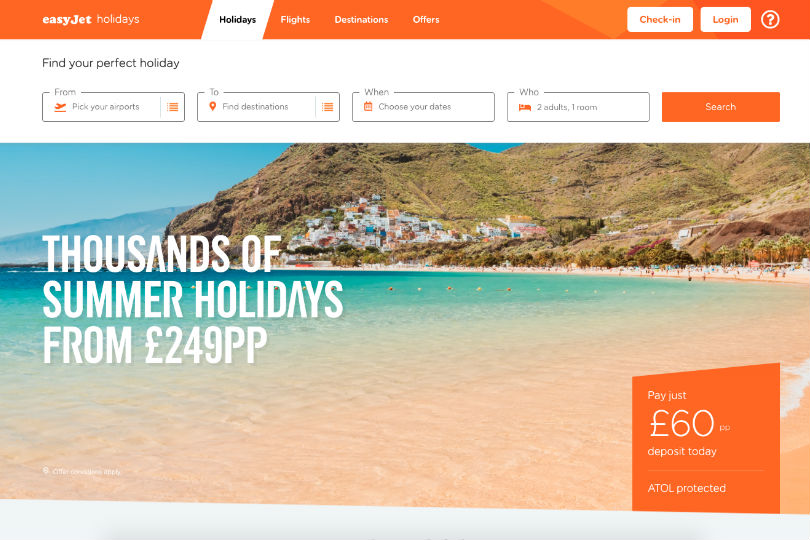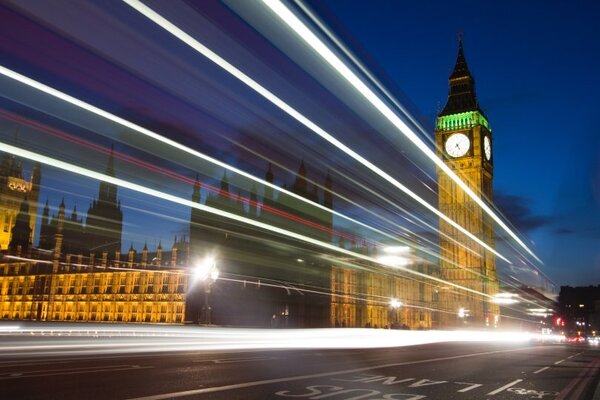EasyJet holidays ‘likely to make first year profit’
 Gary Noakes
Gary NoakesEasyJet holidays will “at least break even” in its first year and easyJet itself will lower its 2020 first-half losses, the airline group has said.
Reporting results for the three months to the end of December, easyJet predicted its new package holiday division would be in the black when its first financial year ends on 30 September.
The business, which launched on 28 September last year, now has around 700 contracted hotels in more than 100 destinations. “Our direct contracts with hotels have performed well, accounting for about 50% of the bookings,” it said. EasyJet added that about half its customers were choosing durations that were not seven or 14 nights.
EasyJet chief executive Johan Lundgren said: “EasyJet holidays launched successfully, with customers looking to benefit from our unrivalled flexibility, great value and handpicked hotels.”
Easyjet said its airline had benefited from “low levels of competitor capacity” following the collapse of Thomas Cook, with passenger revenue up 9.7% year on year to £1.12 billion and ancillary revenue up nearly 11% to £301 million.
During the three months, capacity increased only 1%, with passenger numbers up 2.8% to 22.2 million, boosting load factors by 1.6 percentage points to 91.3%.
The airline said demand was “robust”, with low capacity growth both by easyJet and its competitors in its markets. Three-quarters of easyJet seats for departure until the end of March have now been sold.
This outlook and the first quarter result led easyJet to predict a winter half-year loss before tax that will be better than 2019’s £275 million deficit.
Lundgren added: “I’m pleased that we have made a strong start to the year with continued positive momentum.”
Easyjet launched a carbon offset scheme in late 2019, which it said had been “well received”.
“We have seen a significant improvement in customer satisfaction as a result of this initiative, with a seven percentage point increase from customers who are aware their flight was offset and with 11% more customers saying they will choose easyJet the next time they fly as a result of their flight being offset,” it said.
Lundgren continued: “Being an industry leader in sustainability is important to us, and since our announcement in November we have offset the carbon emissions from the fuel used for all our flights. This means nine million customers have flown net-zero carbon flights with us.
“We, of course, recognise offsetting is only an interim measure and we continue to work on reducing our carbon footprint in the short-term, coupled with long-term work to support the development of new technology, including hybrid and electric planes, to reinvent aviation for the long-term.”
Sign up for weekday travel news and analysis straight to your inbox

Gary Noakes
Supplier Directory
Find contacts for 260+ travel suppliers. Type name, company or destination.












